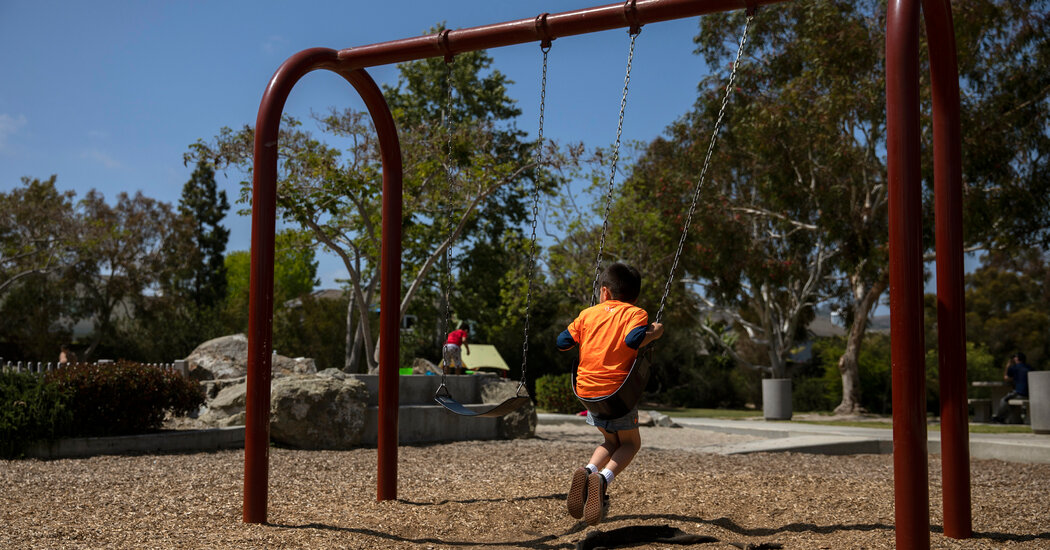It’s probably not selfishness, experts say. Even young adults who want children see an increasing number of obstacles.
For years, some conservatives have framed the declining fertility rate of the United States as an example of eroding family values, a moral catastrophe in slow motion.
JD Vance, the Republican vice-presidential nominee, recently came under fire for saying in 2021 that the nation was run by “childless cat ladies” who “hate normal Americans for choosing family over these ridiculous D.C. and New York status games.”
Last year, Ashley St. Clair, a Fox News commentator, described childless Americans this way: “They just want to pursue pleasure and drinking all night and going to Beyoncé concerts. It’s this pursuit of self-pleasure in replace of fulfillment and having a family.”
Researchers who study trends in reproductive health see a more nuanced picture. The decision to forgo having children is most likely not a sign that Americans are becoming more hedonistic, they say. For one thing, fertility rates are declining throughout the developed world.
Rather, it indicates that larger societal factors — such as rising child care costs, increasingly expensive housing and slipping optimism about the future — have made it feel more untenable to raise children in the United States.
“I don’t see it as a lack of a commitment to family,” said Mary Brinton, a sociologist who studies low fertility rates at Harvard. “I think the issues are very much on the societal level and the policy level.”
